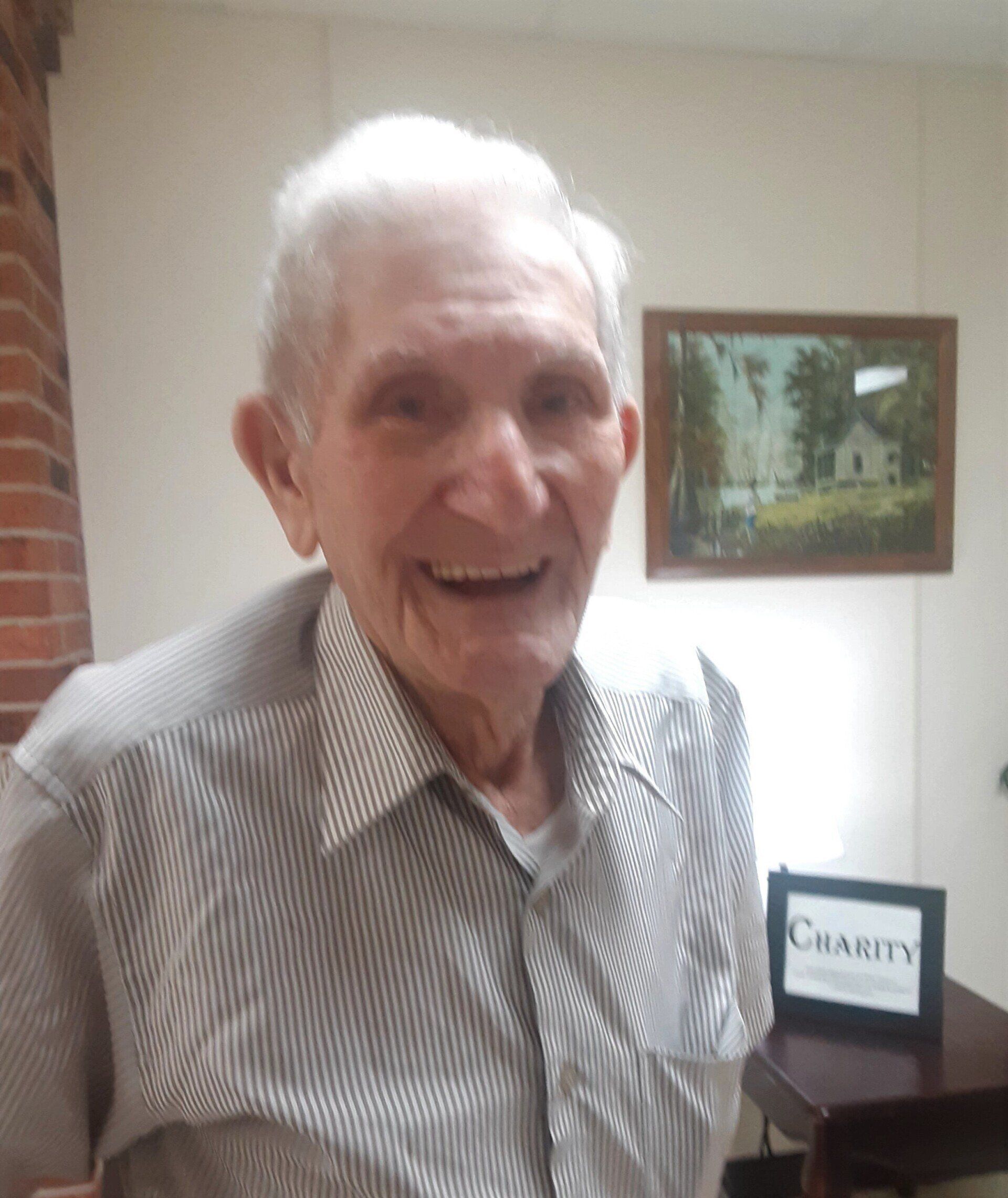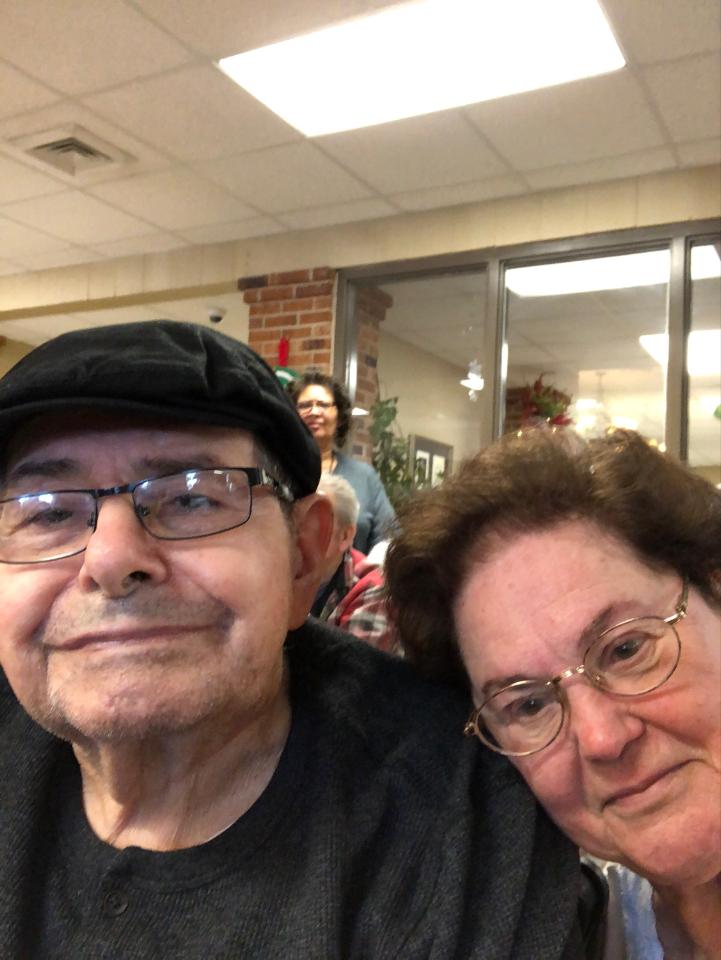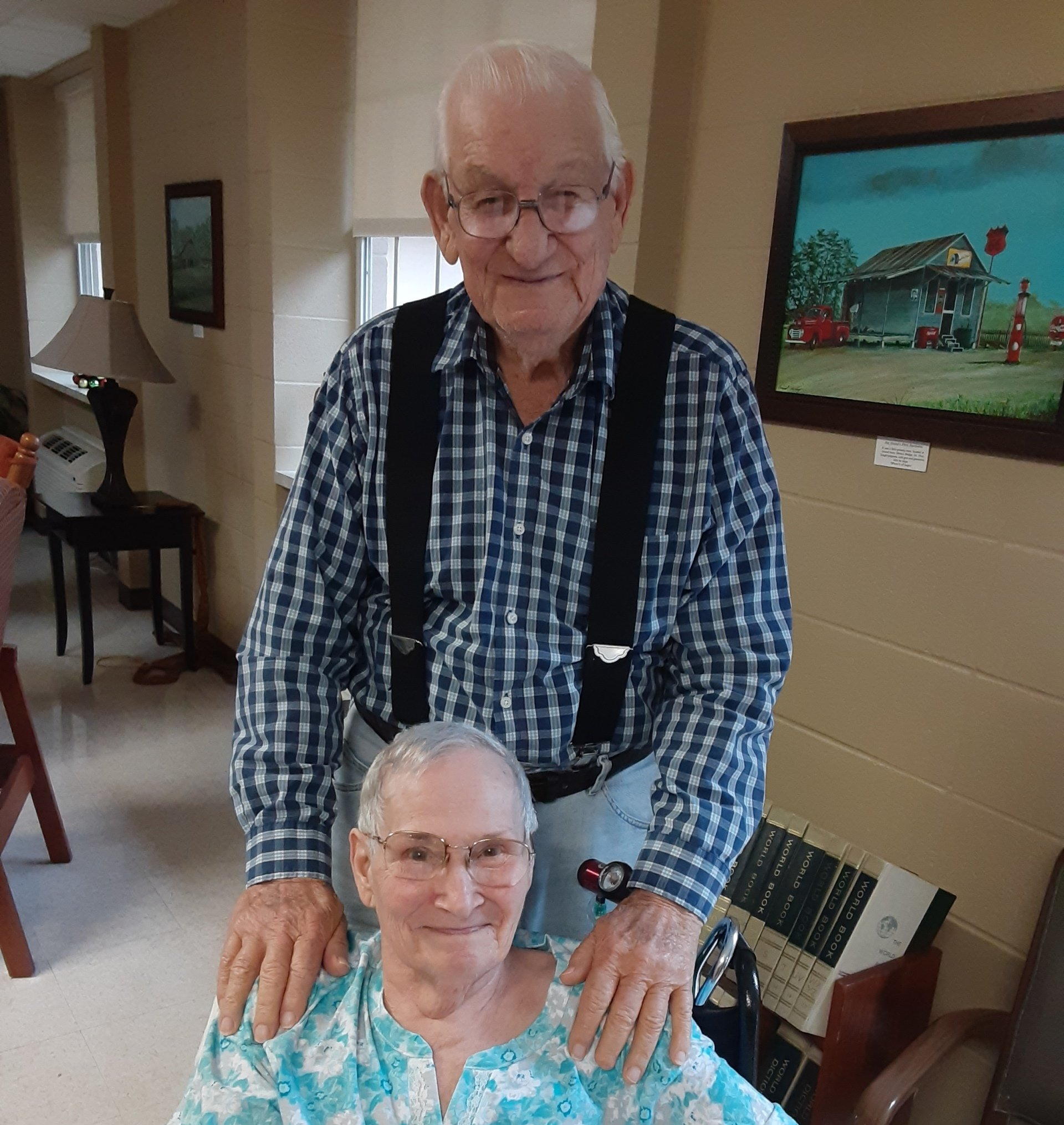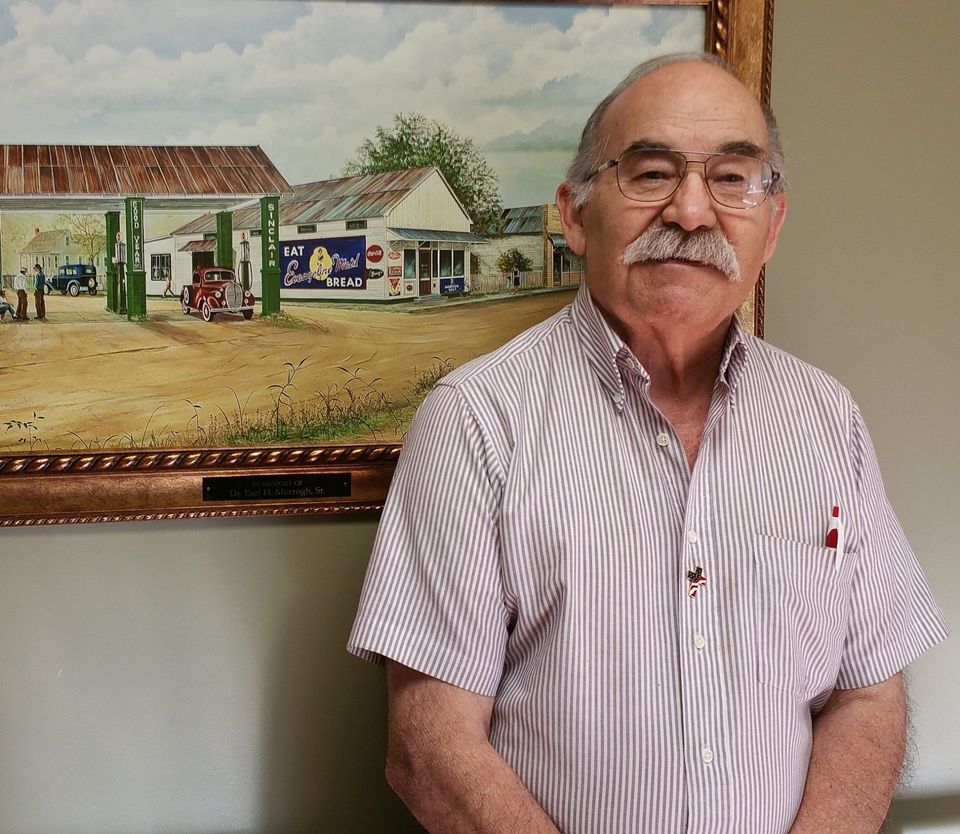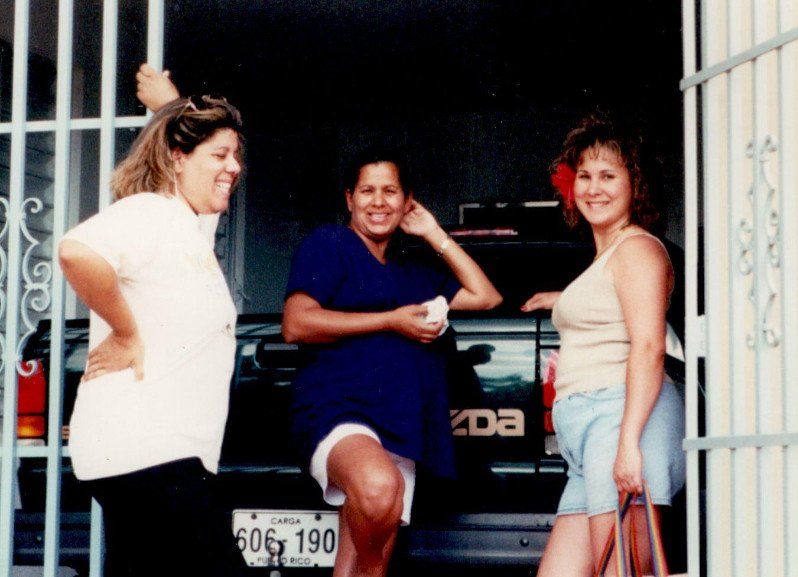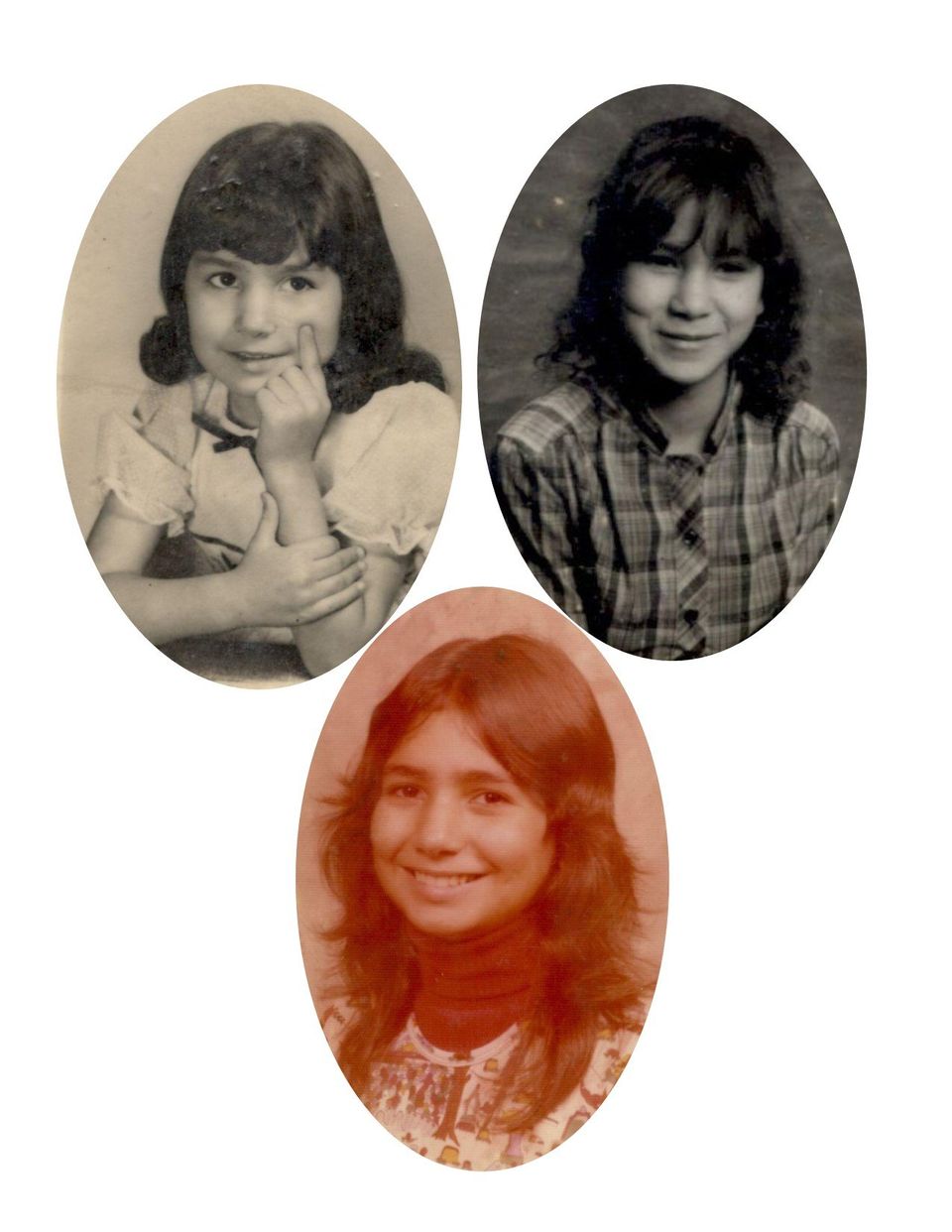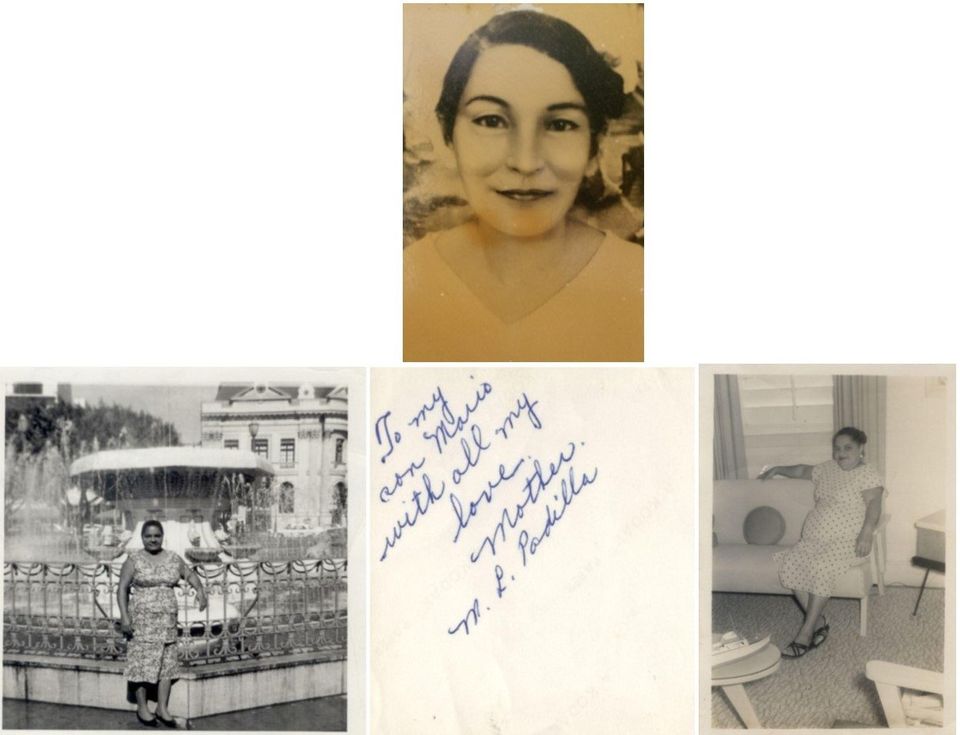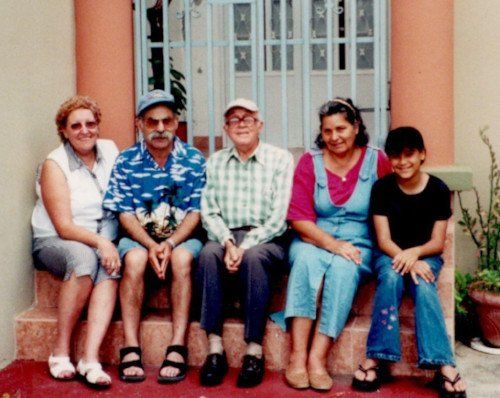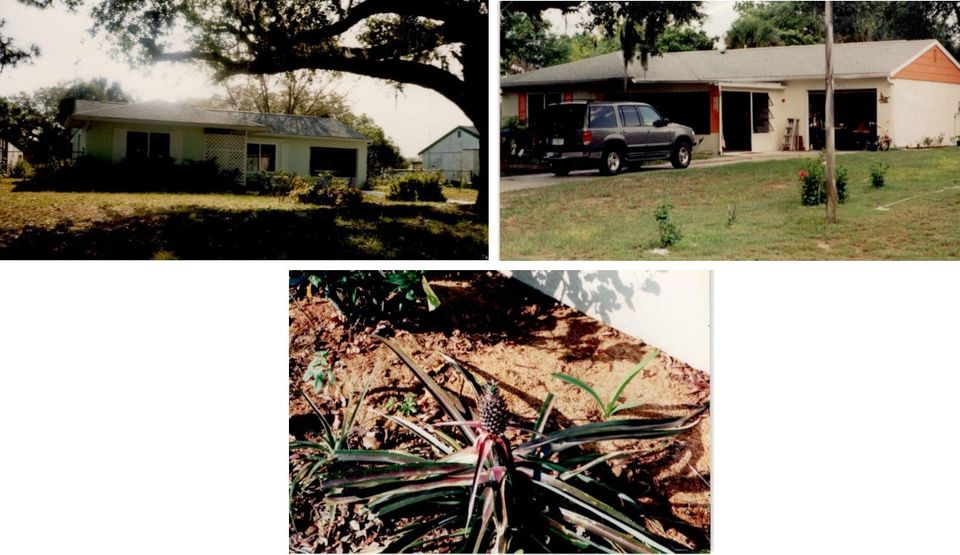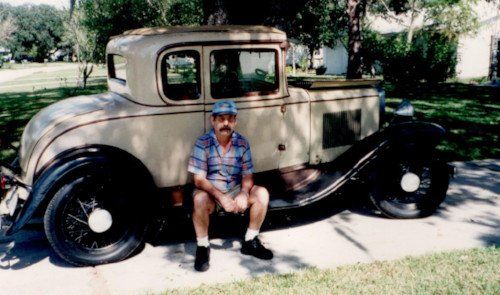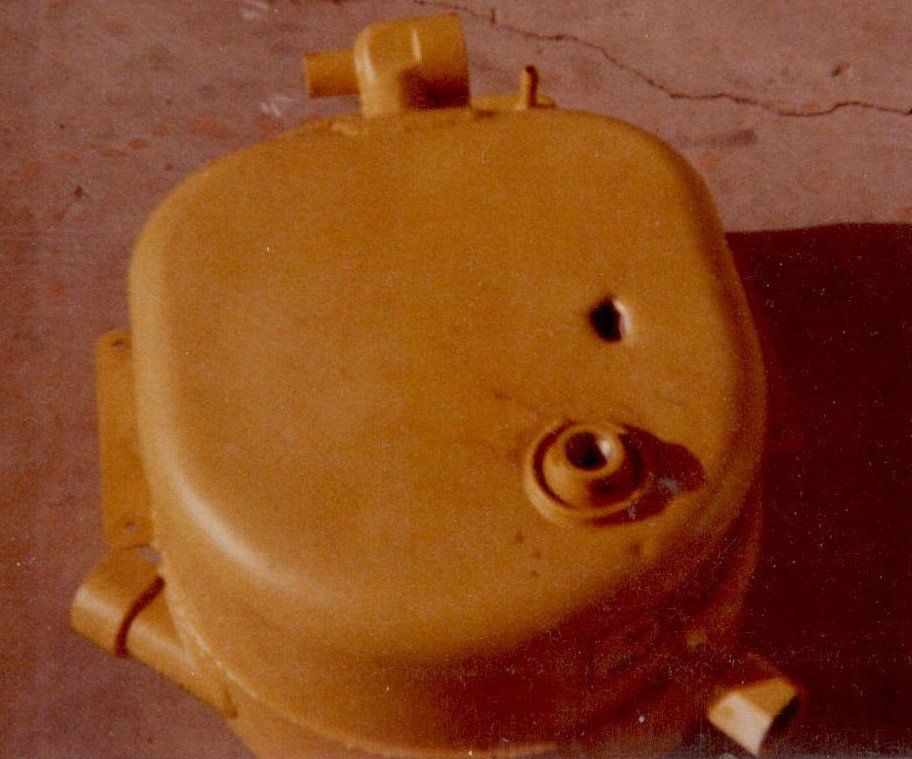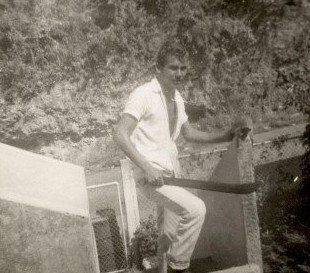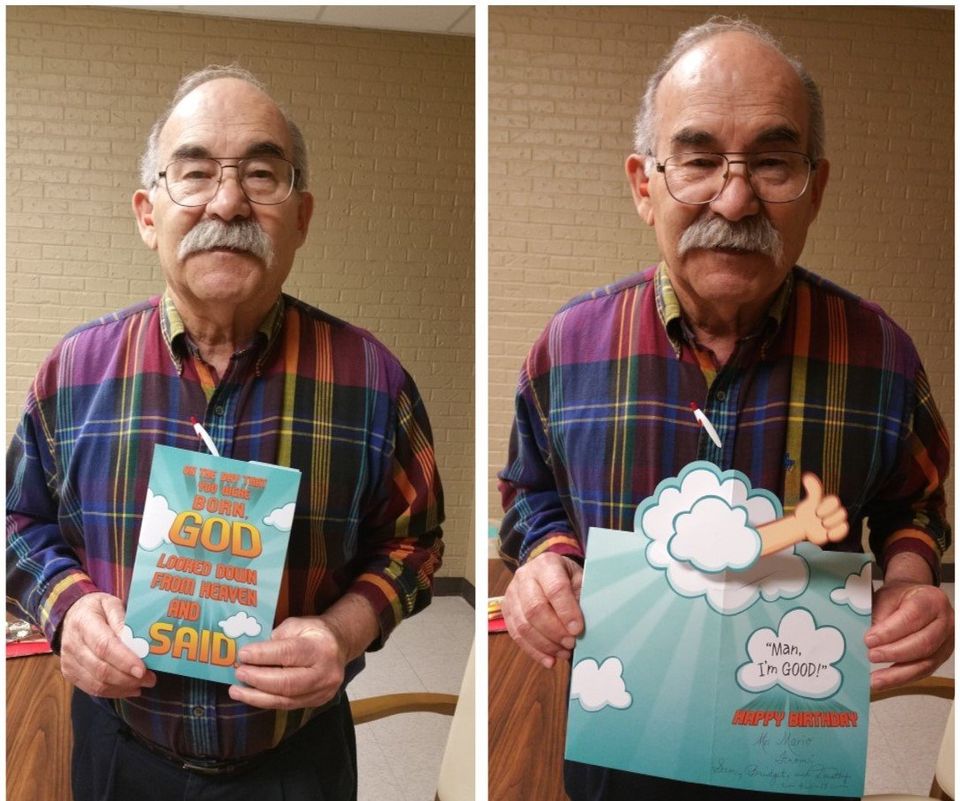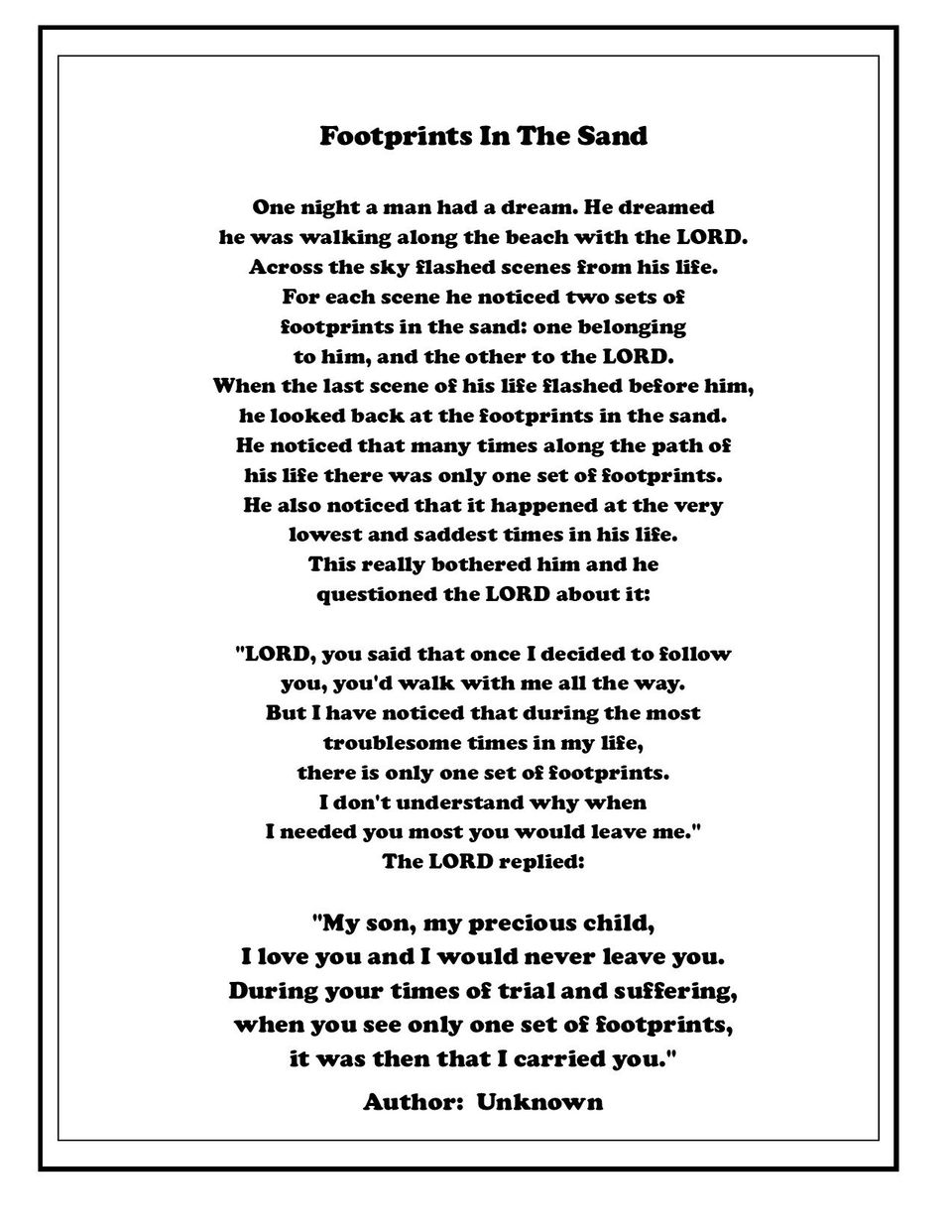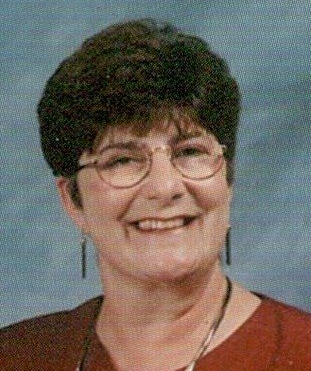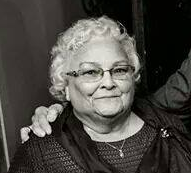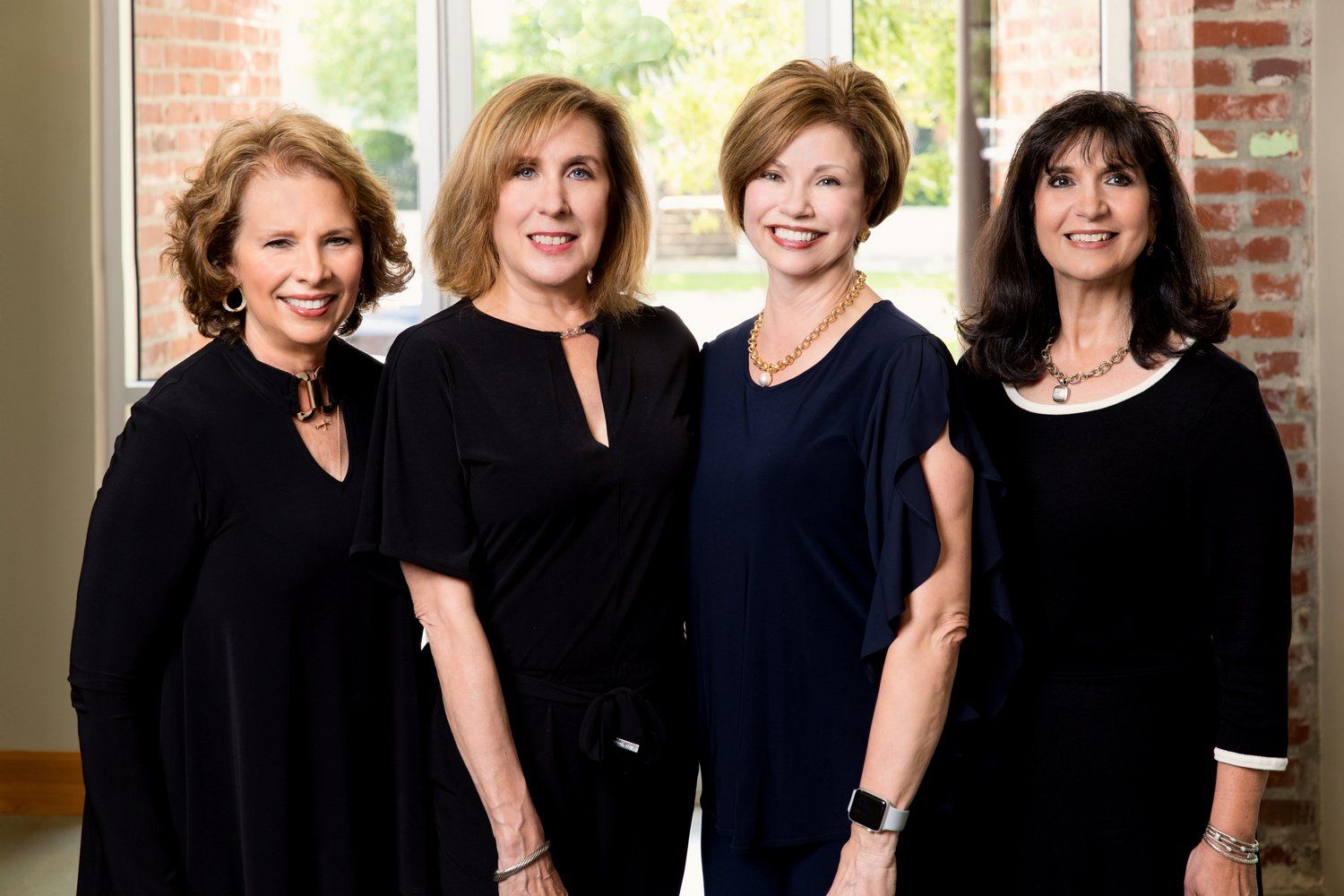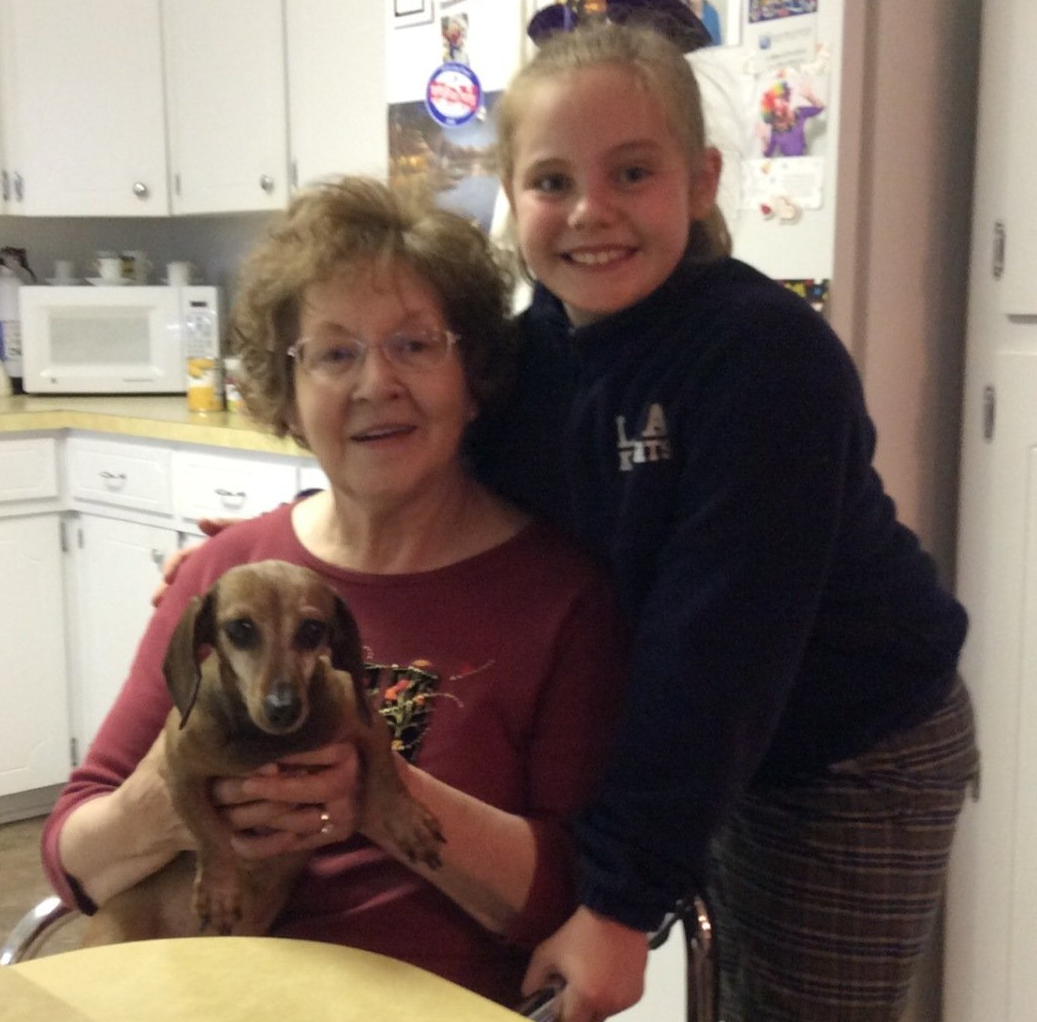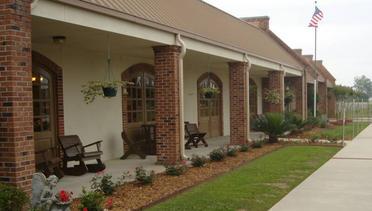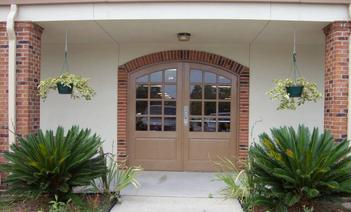The Starkist Pilot
Mario GaGot Velez, Aguadilla, Puerto Rico, USA
Mario GaGot Velez has come to the nursing home and has made friends with just about everyone around him. He is from Aquadilla, Puerto Rico. I must admit, I don’t know much about Puerto
Rico; but, I will learn—from Wikipedia, of course. But, Mario knows all there is to know about Puerto Rico.
Puerto Rico is an unincorporated territory of
the United States. It is located in the northeastern Caribbean, east of the Dominican
Republic and west of both the U.S. Virgin Islands and the British Virgin
Islands.
Puerto Rico is only 100 miles long by 35 miles wide, making
it the smallest island of the Greater Antilles. In Spanish, Puerto Rico means
"rich port" and consists of an archipelago (an expanse of water with
many scattered islands) that includes the main island of Puerto Rico and
several islands: Vieques, Culebra, Mona
and numerous islets (little islands).
Because of the latitude of Puerto Rico, the sun is high
overhead all year. There are no great variations from day to day between the
times of sunrise and sunset.
Aguadilla, Mario’s hometown, has a population of about 55,000
and is on the northwest tip of Puerto Rico which is bordered on the north and west by the Atlantic Ocean. Aquadilla was the site of the U.S. Military's
Ramey Air Force Base for almost five decades. Aguadilla, Mario's hometown, was home to the Strategic
Air Command 72d Bombardment Wing, heavily equipped with B-52s, a very strategic
facility during the Cold War. During the early years of the base and throughout
World War II, Puerto Ricans in the area became more Americanized than in remote
locations of Puerto Rico.
The base was handed over to Puerto Rico in 1973. The aerial
facilities are now civilian controlled by the Puerto Rico Ports Authority. The
facilities now make up the Rafael Hernandez International Airport. The barracks
now host the Faro Inn Suites, a 79-room hotel. The Officer's Club now hosts the
Faro Conference Center, a 22,000-square-foot meeting facility. The hospital is
now the Courtyard by Marriott Punta Borinquen Resort & Casino, a 150-room
hotel with a casino and the first Marriott in Puerto Rico out of the San Juan
Metropolitan Area.
Ramey also hosts the University of Puerto Rico – Aguadilla Campus and the Friedrich Froebel Bilingual School (K-9). The High School became Ramey Job Corps Campus and the elementary school became the Esther Feliciano Mendoza Middle School. Centro de Adiestramiento y Bellas Artes (CABA) since 1979 has been the only public school of arts in Puerto Rico (7–12). Ramey is also the site of the new Ramey Skating Park and a new "mariposario," a butterfly farm.
Learning about Puerto Rico makes me want to visit this
beautiful part of the world.
There is still an active part of the base that hosts the
Coast Guard Borinquen Air Station. There are also other government agencies
based at Ramey. They include the United States Department of Homeland Security,
U.S. Customs & Border Protection's Office of Air and Marine and Office of
Border Patrol, the Fuerzas Unidas de Rápida Acción (United Forces for Rapid
Action) of the Puerto Rico Police Department and the Puerto Rico National Guard.
It was about eight months ago that I met the handsome Hispanic
gentleman who had joined the community at J. M. Morrow Nursing Home. I observed his helpful and kind, gentle manner. One day, I asked if we could sit and visit
and whether or not we could write his story and post it on the website. He was willing. So, now that I
know a little about Puerto Rico, I am eager to share “Mario's” story.
The first thing Mario shared with me was that he was only one when his
mother died in childbirth. His little baby
brother, Luis, survived, and, he had an older sister named “Emelina.” Her husband was a
peacher in The Seventh-day Adventist Church.
That is a Protestant Christian
denomination. They observe Saturday as the
seventh day of the week, as Sabbath, and they believe in the Second Coming of Jesus Christ.
However, Mario was raised Catholic. Mario's parents were Leocadia Velez Velez and his father was Esteban GaGot-Hidalgo. They owned a bar and restaurant called "El Gallo", which means "rooster" in Spanish. Mario recalls that people came from all over to eat in his parent's restaurant.
One of the workers was a black Puerto Rican lady called “Maria Louisa
Padilla.” She always loved Mario and one
day she said to Mario’s mother: “Leocadia, if something
happens to you, I promise I will raise the three kids.” Her nickname was “Magui.” And Magui did what she had promised. Mario, of course, called her "MaMa." When Leocadia died in childbirth, Maria Louisa
Padilla took the three children as her own.
Mario does not remember any other mother. He has one picture of his birth mother. (See below) He shared two pictures he received
from Maqui when he was in the military in Germany.
“My mother’s name was written "Leocadia GaGot Velez. There is a
reason children are named as they are in Puerto Rico. They give you a Christian name and your
father’s middle name and then they take your mother’s middle name. “There is a reason why,” Mario continues. Let’s
say that in this family, there was only one girl. She marries. A good example
is my sister. Her name is Emelina GaGot Velez. Her middle name is my daddy’s name “GaGot.
She marries Julio Gonzales-Torres. When
she marries, her name will become Emelina GaGot Gonzales. His children will be Gonzales Velez. Let’s say he passes away, my sisters does not
have to go to a lawyer to have her name changed. All she does is drop the last name. And she
will be the same woman she was before she married, Emelina GaGot Velez.
"My sister’s daughter would be named: Milagro, which means … Mario has a hard time
remembering the words he wants to use. He
says: “Excuse me. When I was in war in
Viet Nam, I got PTSD, Post Traumatic Stress Disorder. The VA explained it to me this way: What a fellow told me is that You forget
things that happened a long time ago.
You just have short memory. When I first came here, I was reading the Teche
paper and there was a lady who lost her son.
He killed himself. People who
have PTSD, the way I understand it, is that they—I know that is not going to
happen to me because I am a happy guy and I like to help people, things like
that. But some people always have
troubles. Those people are the ones you have to watch. They go and do things.”
And then, Mario remembers his sister’s daughter’s name. He continues: "It is Milagro," which means “miracle.” Milagro Gonzales GaGot. When Milagro gets married, Gagot
goes away. She takes her husband’s name."
I ask Mario to tell me about Maria Louisa Padilla, “Magui.” “Listen,” Mario continues: “I tell you what, I show that picture of my stepmother that raised me and my brother and sister. I tell the story to all the black ladies who work here. They love me because they know what I came
from. Mario explains that Magui had a
husband but was divorced. She
had a daughter. When I was 10, she was about 20 or 25. She was already married, I remember. We were like brother and sister. Magui was raised in Mayaguez which is on the
west coast of Puerto Rico. It is larger population
than Aquadilla. I remember Magui had an uncle who would tell her: ‘Magui, you better teach that boy how to
speak!’ I stuttered, you know. Magui
spoke to us in Spanish.”
My wife was American. Her name was Mildred and she was from Canton, Louisiana.
"I bought a house in LaBelle, Florida, and then I added a Florida
Room. I put in all the windows. It happened that my friend who was helping me unload my truck noticed that a house about four houses on the left of my house was burning. We called the fire station and they came and put the
fire out. The owner of the burned house had paid $135 per window and I
asked him: "What will you do with the old windows?" He said he was going to sell them for $25 a window. I bought 14 windows at $25 a window I used them to build the Florida Room
on my house. In my yard around the flowers, I planted 21 pineapple plants and also planted 7 coffee trees in my yard."
Mario continues his story: "From my childhood, I remember Magui was a good cook. She cooked "pasteles." It is made out of green banana. You take the banana and peel it out. You grate the banana. You make a mash, like a dough. They mix pork or chicken and make a filling. Then take the banana leaf and put it in the fire to make it soft. They put the mash in there. They put the meat in the center and then they fold the leaves around it. It would be about 10 to 15 inches long and about 4 inches wide. Next, they take a string and tie it like a present. Then boil water in a 5-gallon can and we put about a dozen and a half of the pasteles at a time. We boil it for a few minutes. They also make pasteles with fish. But, I like the pork the best. Around Christmas and Thanksgiving, we have pasteles.
"Every Saturday, at my dad’s restaurant, we would kill a pig. I would help for them to give me the ears and the tail which Maqui would fry for us. My father would sell the cooked meat in the restaurant.
"As a child, I went to school at Borinquen Elementary School and Borinquen High School in Aquadilla, Puerto Rico. I came to the USA with a family from Georgia and Virginia in 1958. We went to live in Topeka, Kansas, where Mr. and Mrs. Dillon enrolled me at Washburn High School as "Mario Dillon." The Dillons got military orders to transfer to Germany. But, they could not take me because I was not adopted. They sent me to live in Albany, Georgia, with a relative until they came back from Germany. In the meantime, I turned 18 years old and I joined the Army. I was sent to Fort Jackson, South Carolina, for Basic Training. After Basic Training, I got my orders to go to Germany."
Mario became a pilot in the military. At one time in his life, he was flying over opium fields in a fight to eradicate the opium and marijuana crops in Mexico. In addition to Mexico, Mario has worked in Alaska and Louisiana. He came to Louisiana in 1984 and worked for Petroleum Helicopters "PHI."
Mario continues his story: "After Basic Training, I was sent to Friedberg, Germany, 3rd Armor Division. As I was reporting to the 3rd Armor Division, Elvis Presley was leaving the 3rd Armor Division to return to Fort Dix, New Jersey to be discharged from the Army. I got orders to come to Fort Carson, Colorado and six months later, I got my orders for service in Vietnam. After twelve months on duty in Vietnam, I got orders for Fort Carson, Colorado. Then, I got orders for Baumholder, Germany. While I was stationed in Baumholder, Germany, I sent an application to get out of the Army three months early. This was to go to flight safety, Inc., in Vero Beach, Florida, under the GI Bill for veterans. The approved courses were: Professional Pilot, Commercial Pilot, Instrument Pilot--AirPlane, Flight Instructor—Airplane, and Multi-engine—Airplane. I also went to Commander Air Service in Albany, Georgia and got my Commercial Helicopter Pilot Certificate. I worked for Starkist Tuna spotting tuna. I also worked for the Procuradurial of Mexico, training helicopter pilots. I worked for Evergreen Helicopters flying personnel to offshore platforms. I also worked for Petroleum Helicopters, Inc., from 1990 – 2001. While I was working for Evergreen Helicopters, I was sent to El Salvador to work in a contract with the Governor of El Salvador. I was flying for C.E.L. on July 12, 1985, when the rebels blew up the power lines. I flew the power lines to locate the damage. Once we found the blown power line, we put security in the area and replaced the broken pole and we got the power back on to the village.
And, Mario's also led a colorful life and he has a great sense of humor. Below is another picture he shared of a "Pureto Rican Mowing Machine"!
Mario speaks of his niece by marriage, "Karleen." I hope to meet her one day. He also especially enjoys the company of his roommate's daughter, Dorothy. Mario celebrated his 76th birthday recently and Mario has been walking around with the card he got from Dorothy.
Mario had a friend from Port Barre who died recently. Mario asked his friend's wife for a prayer card which had the poem "Footprints In The Sand." It has special meaning to Mario and he asked me to share it here.
Visit https://www.nonco.org for more on Nonco or give me a call or text if you want to help me call Bingo or write resident memoirs. 337-523-5832
Betty Arnaud Roy, Proud Volunteer
Co-Founder of the Nonco Foundation.
Around Our Home Away From Home, Our Stories
